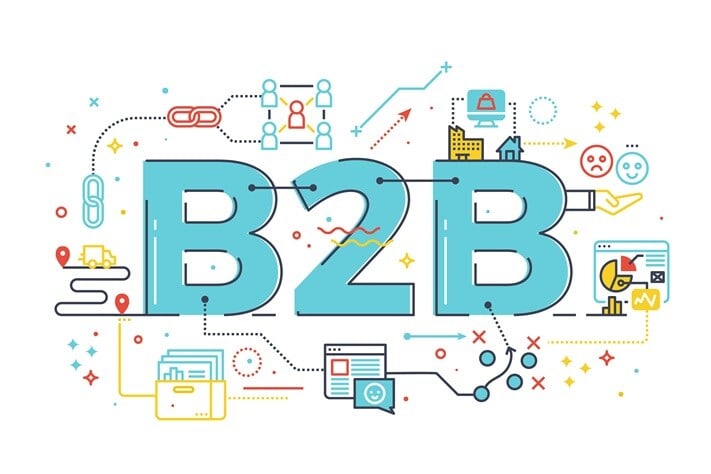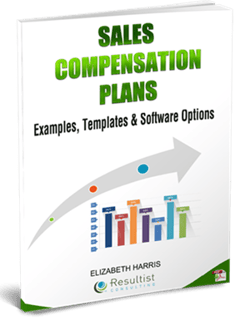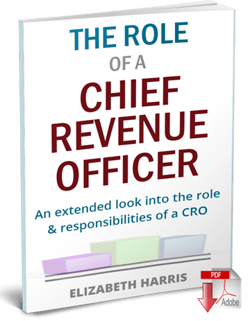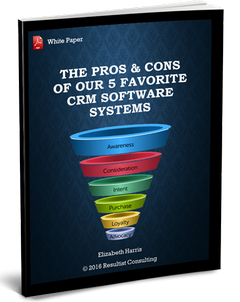Take a moment to answer this question: How does your organization generate revenue?
(This isn’t a rhetorical exercise. Pause for a moment and actually do it!)
Once you have your answer, look at it and try to discern whether the answer you gave was related to methods you use to generate revenue (the how) or the strategic principles behind them (the why).
As a fractional CRO (Chief Revenue Officer) I frequently talk to business leaders who will discuss the ways that they generate revenue with statements like, “We sell through numerous channels to reach a wide market” or “We use reliable manufacturers to source all of our parts so we can get new products to market quickly” or “We provide extensive customization options so our customers can get exactly what they need.” And while these statements may be true, they miss the point of how their organizations are actually generating revenue. These are things that companies do – approaches they take, practices they use, or competitive advantages they rely on. However, they aren’t the true ways that those companies generate revenue …or at least they shouldn’t be!
Your revenue strategy should be more than just a collection of methods – it should be a set of principles.











